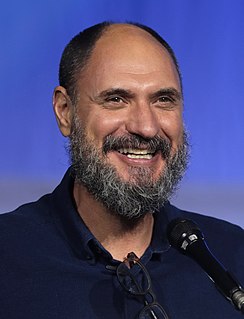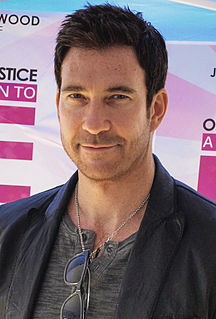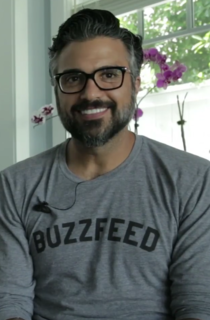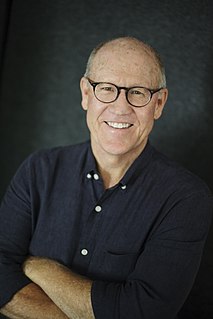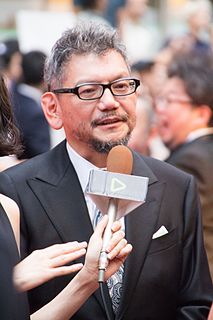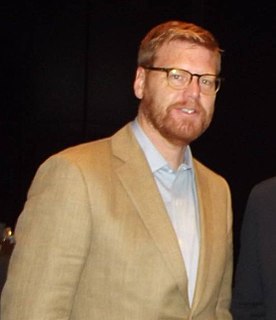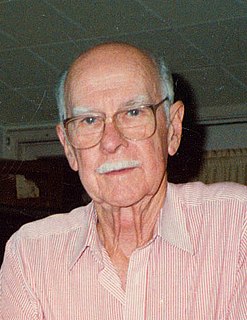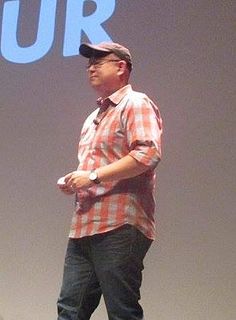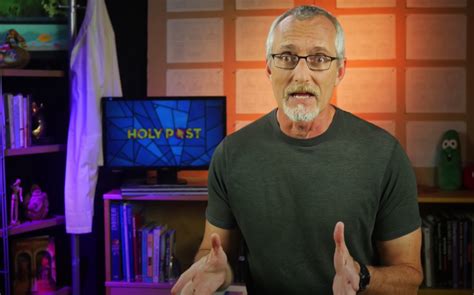A Quote by Loren Bouchard
Almost any problem, whether it's telling a family story, or telling a network-quality story, or answering a network note, becomes essentially instantly solvable, because you have a bunch of brains sitting in a room.
Related Quotes
I think that people have to have a story. When you tell a story, most people are not good storytellers because they think it's about them. You have to make your story, whatever story it is you're telling, their story. So you have to get good at telling a story so they can identify themselves in your story.
I'm really trying to just keep this internal, and be faithful to the story and the characters, and keep 99.9% of my brain there, serving the story. It's a great network. It's the golden network of cable, so it's totally an honor to be there and tell this story, but I try not to think about anything beyond that.
Any kind of sequence when you have to express physical space and time can be difficult to story-tell because, if you're sitting there watching it like it's a play or something, your mind can track what's going on, or if you're watching an actual fight you can kind of track what's going on, but as soon as you have to start telling the story and tracking for the audience, it becomes much more complicated.
When an acting teacher tells a student 'that wasn't honest work' or 'that didn't seem real,' what does this mean? In life, we are rarely 'truthful' or 'honest' or 'real'. And characters in plays are almost never 'truthful' or 'honest' or 'real'. What exactly do teachers even mean by these words? A more useful question is: What is the story the actor was telling in their work? An actor is always telling a story. We all are telling stories, all the time. Story: that is what it is all about.
I think when people begin to tell their stories, everything changes, because not only are you legitimised in the telling of your story and are you found, literally, like you matter, you exist in the telling of your story, but when you hear your story be told, you suddenly exist in community and with others.
I think when people begin to tell their stories, everything changes, because not only are you legitimized in the telling of your story and are you found, literally, like you matter, you exist in the telling of your story, but when you hear your story be told, you suddenly exist in community and with others.
